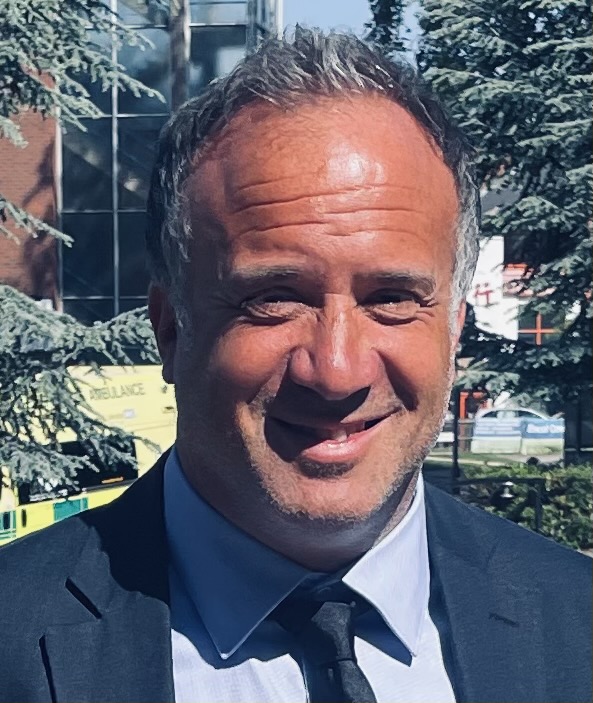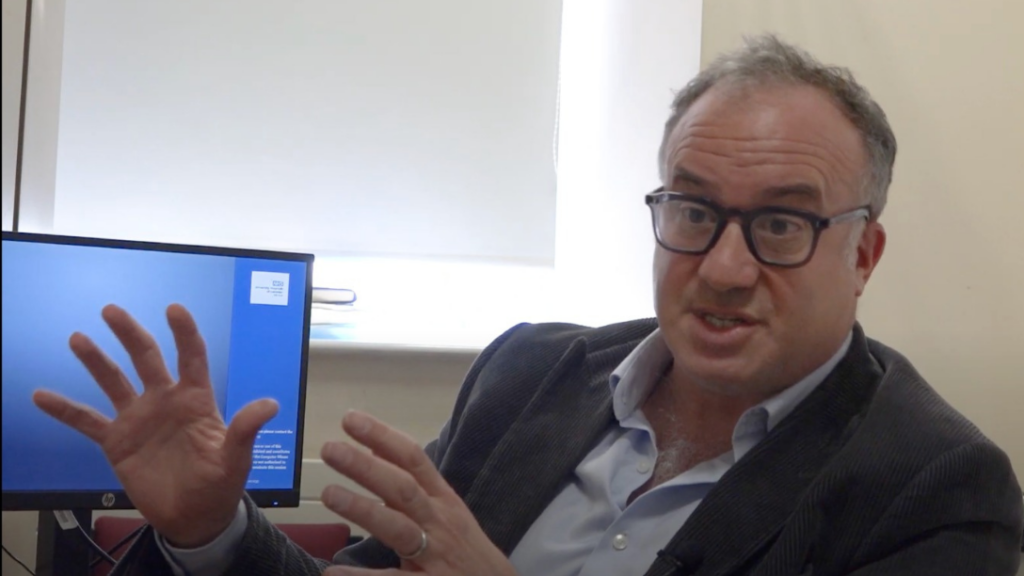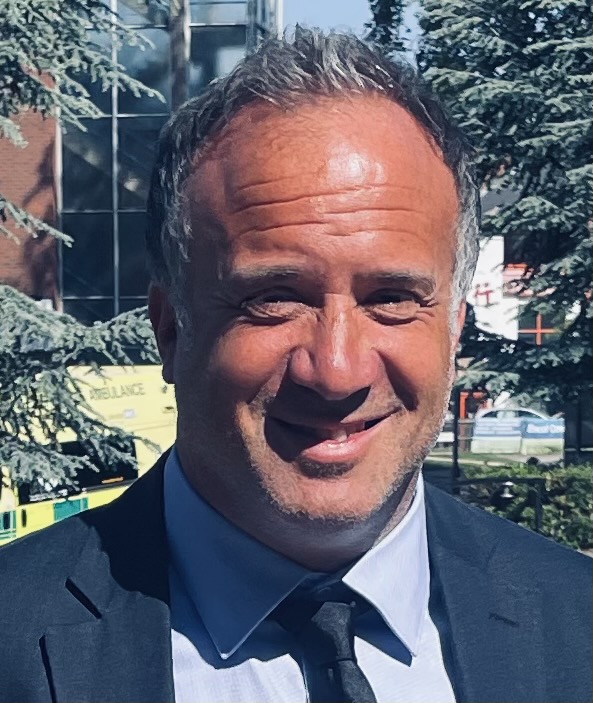Miles is a long-standing member of our Medical Committee and provides invaluable insight and support to our clinical and healthcare-related activities.
About Miles…
Miles Levy is a consultant endocrinologist and honorary professor of Clinical Endocrinology at the University of Leicester Hospitals NHS Trust. His research interests include the pituitary and adrenal gland and genetics of endocrine tumours.
He has co-led the initiative to change the name of diabetes insipidus to AVP deficiency. He is on the Board of the International Society for Endocrinology, is an elected council member for the Society for Endocrinology, is president-elect and council member of the Diabetes & Endocrinology Section of the Royal Society of Medicine, and a member of the Medical Committee for The Pituitary Foundation.
He lectures internationally on endocrine tumours and is a regular teacher at Leicester Medical School. He co-authors the endocrinology chapter of ‘Kumar & Clarke’, co-authored ‘Endocrinology at a Glance’, was editor of The Endocrinologist, editor in chief of ‘You and Your Hormones’, and co-editor of the neuroendocrine section of Endo-text. He still does GIM on-calls. Most importantly, Miles supports Arsenal Football Club and plays in a brilliant band called the Levy Circus.

How long have you been a member of the medical committee, and what does the role involve?
I’ve been on the medical committee for a few years, and it is a privilege to try and help patients with pituitary problems around the UK. Essentially the role involves helping The Pituitary Foundation staff like Emma, Jay, Pat and Nesta who may have clinical sense-checking questions, as well as answering clinical concerns from patients. I have also helped update some of the information material on the excellent Pituitary Foundation website with other colleagues.
There are always changes and improvements in medicine, so we want to make sure the advice is in line with state-of-the-art clinical practice. We meet online every few months, and much is done by email communication in between. I have been involved in webinars to teach patients about aspects of pituitary disease as well helping with awareness weeks on specific conditions. The face-to-face meetings I like the best as I learn more about pituitary conditions by chatting to patients who are the real experts because they live with their problems every day and I always pick up new things that I might not have thought about.
The face-to-face meetings I like the best as I learn more about pituitary conditions by chatting to patients who are the real experts because they live with their problems every day…
Why did you start volunteering?
Basically, I was asked and said yes straight away. I have always been massively interested in the pituitary gland physiology since I was a 14-year-old schoolboy in Dr Applin’s biology class at Chigwell School; he described the pituitary gland as the ‘conductor of the endocrine orchestra’ and for whatever reason I was hooked. I think if he knew I was on the Medical Committee for The Pituitary Foundation, he would be proud of me.
Every year I do pituitary endocrinology, I am more interested in it and have more questions than answers. When patients send queries to Pat McBride, I really like trying to help. There is a balance between giving good advice whilst not appearing to be a ‘backseat driver’. Patients are usually under good endocrinologists elsewhere in the UK but occasionally if patients cannot get through to their local specialist team, it can be helpful to give quick advice. Most endocrinologists are cool, and good team players, so do not mind people stepping in if it is helpful and timely.
I really enjoy being part of the bigger UK pituitary team which involves other doctors, nurses, patients and their families. I feel it helps me feel connected to the wider world of pituitary medicine and makes me realise most the stuff I worry about, other people do to, and it is good to ask for help (I do all the time)!
What have you enjoyed most about being a volunteer?
Probably the thing I am most proud of, and therefore gives the most satisfaction, is the work we have done together on renaming cranial diabetes insipidus to AVP deficiency. It has been a real collective effort, and patients have been vital in driving this forward. The ‘powers that be’ listen much more to patients than doctors. It has been massively humbling to work with dignified family members who have lost loved ones through mismanagement of this condition. I hope that if our work to change the name and increase awareness of this, and other pituitary conditions, saves some lives, then they will not have died in vain.
The really satisfying thing is that the work we have done in UK has also been adopted by the whole world and we have been a major part of this. There is much to be done together and still things we need to improve on, and I am convinced the answer is to work with patients to change the pituitary world for the better and there is loads to look forward to!










